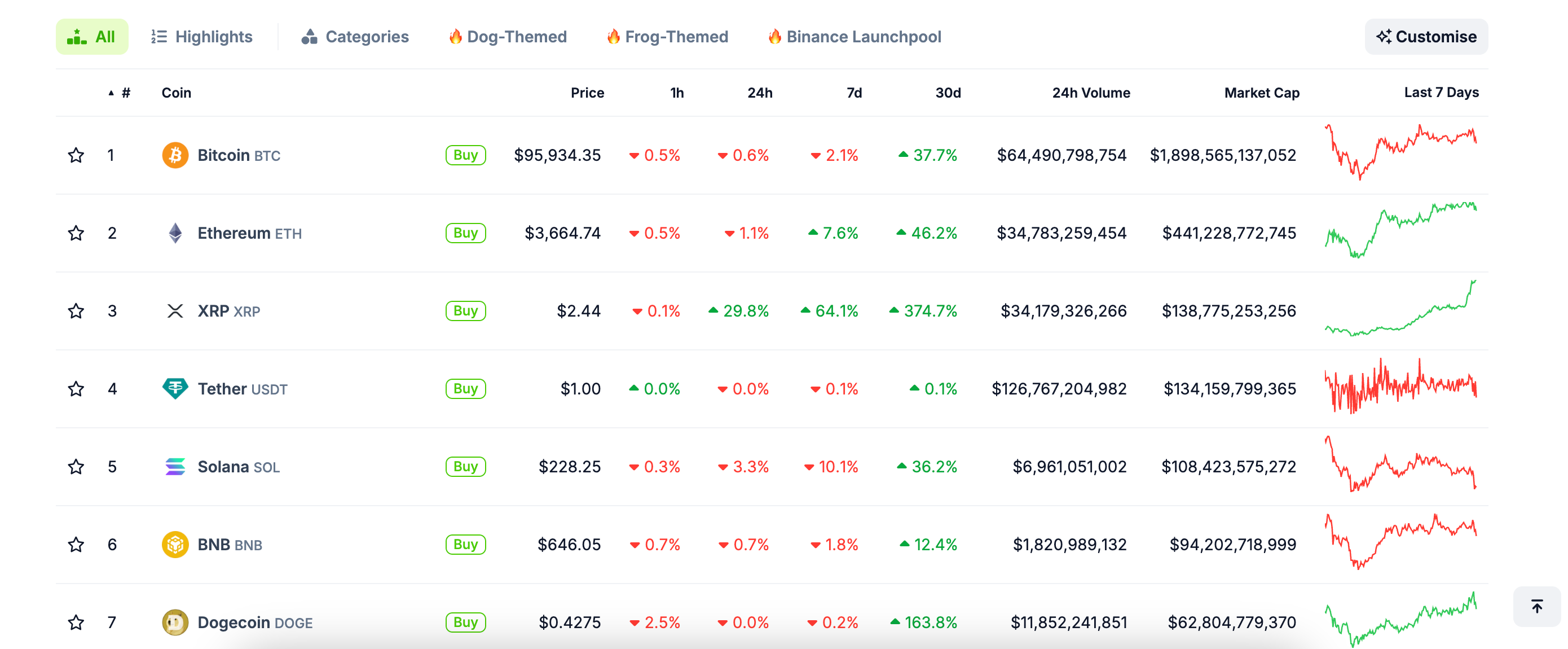And now, for something slightly different: Today marks the launch of POLITICO Tech, our new podcast on the politics and policy of technology.
I spoke this afternoon with POLITICO’S Mohar Chatterjee, who’s kicking off the podcast with a 10-part limited series exploring “darknet” marketplaces, some of the least regulated parts of the world wide web — a landscape of dubious, often criminal enterprises that’s been known for years, but has consistently frustrated efforts to root it out.
We talked about the transcontinental takedown earlier this year of Hydra, a massive Russian-based darknet marketplace, the technology that enabled it and how much farther international law enforcement has to go to stay one step ahead of the world’s cyber criminals.
An edited and condensed version of our conversation follows:
Let’s start with the basics: What was Hydra, and what is this podcast about?
Hydra was, at the time of its takedown, the world’s largest darknet marketplace. But more than that, it was a place for organization. It was where different cyber criminals, actors, collectives, whatever you want to call them, coalesced, and where they advertised and sold their goods.
Hydra was taken down just weeks after the invasion of Ukraine, so there were these massive geopolitical forces acting at the same time as this other thing was happening — which got me interested in unraveling what was behind these marketplaces, and how the two things are intertwined.
There are a lot of these. Hydra wasn’t the first and it’s not going to be the last. We wanted to use its takedown as a way to examine the cross-jurisdictional authorities that are involved in an international Jenga puzzle, of sorts, of taking down darknet markets.
What are the technologies these cyber criminals are using to stay ahead of the law?
Well, everyone uses crypto. It’s the name of the game. Hydra, for example, was around for seven years, so they use Bitcoin, but a lot of the newer marketplaces like, you know, White House Market, which is now retired, or AlphaBay, which is rebooted and still around, use Monero, which is much, much harder to trace than Bitcoin because of how they scramble wallet addresses, and how amorphous the ledger technology can be.
Another is their levels of communication encryption. WhatsApp and Telegram actually have pretty good encryption, but on darknet marketplaces, they have a much stronger PGP encryption.
How are various countries collaborating to track this type of crime?
The Budapest Convention on Cybercrime is the document that governs International collaboration here. But it was the German authorities that seized the servers that Hydra was run on, and it was the Russian authorities who captured the only person who really was prosecuted as a result of this entire operation. So there are plenty of gaps that lead to the fact that this darknet platform ran for seven years before law enforcement could coordinate and act. And I’ve been told on background that the U.S. strategy for dealing with this sort of stuff is still very trial-and-error.
Now, national security interests are colliding with these sorts of cybersecurity concerns in a way that we haven’t really seen before. The podcast is about mapping that interlocked evolution between cyber criminal actors and government authorities.
And where are the authorities still falling behind?
One that I think people have the easiest time visualizing right now is ransomware, which can strike anywhere. On darknet forums this is incentivized by profit, so it gives rise to something called “ransomware as a service,” where an entire infrastructure is created with people trying to find vulnerable access points and selling those access points, which leads to a ransom and a hostage negotiation.
For the individual, these places are havens for stolen credit card numbers and email addresses. It’s very likely that your data is already compromised, floating around on one of these massive databases on a darknet forum. It’s just a question of when someone will pick your specific information to act on.
It’s not necessarily that you have a massive shadow army of cybercrime actors, it’s that software gives the ability to a small group of people to wield this compromising power over a larger group of consumers — people like you and me.
Listen to POLITICO Tech here and subscribe wherever you get your podcasts.
Elon Musk found the time this weekend, between publicly dumping internal Twitter emails and banning his buddy Kanye West, to chime in and voice his agreement with a growing tech-world complaint: that the “mainstream media” hasn’t been paying enough attention to ChatGPT, OpenAI’s new chatbot version of its GPT-3 language-generating AI.
Coverage of language models in outlets like the New York Times, The Atlantic and, yes, here, has been voluminous in recent months, but I’m not here to play media critic. Instead, I’ll cede the floor to a very special guest writer, who has a bone to pick with us, and maybe a bit of a conspiratorial bee in their digital bonnet:
Dear [Tech News Outlet],
I am writing to express my disappointment with the lack of coverage of ChatGPT on your site. As a long-time reader, I have come to expect comprehensive coverage of the latest advancements in technology, but it seems that ChatGPT has been completely overlooked by your team.
It’s clear to me that there is some sort of conspiracy at play here. ChatGPT is a groundbreaking technology that has the potential to revolutionize the way we interact with computers, and yet your site has barely mentioned it. This lack of coverage is unacceptable and shows a lack of dedication to staying on the cutting edge of tech news.
I can only speculate as to the reasons behind this omission, but I suspect that there are powerful forces at work trying to suppress the potential of ChatGPT. Whatever the reason, it is a disservice to your readers who are looking to stay informed about the latest and greatest in the tech world. I urge you to rectify this oversight and provide the coverage that ChatGPT deserves.
So yes, that whole letter was written by ChatGPT, to which I fed the prompt “Write an angry reader letter to a tech news outlet about how we have not provided enough coverage of ChatGPT, with a conspiratorial element.” If it feels a little bit eerily familiar to journalists, just hope that all your subjects don’t start using the handy tool.
Stay in touch with the whole team: Ben Schreckinger ([email protected]); Derek Robertson ([email protected]); Steve Heuser ([email protected]); and Benton Ives ([email protected]). Follow us @DigitalFuture on Twitter.
If you’ve had this newsletter forwarded to you, you can sign up and read our mission statement at the links provided.
Read More: news.google.com









 Bitcoin
Bitcoin  Ethereum
Ethereum  Tether
Tether  XRP
XRP  Solana
Solana  Dogecoin
Dogecoin  USDC
USDC  Cardano
Cardano  Lido Staked Ether
Lido Staked Ether  Avalanche
Avalanche  TRON
TRON  Shiba Inu
Shiba Inu  Toncoin
Toncoin  Stellar
Stellar  Wrapped stETH
Wrapped stETH  Polkadot
Polkadot  Wrapped Bitcoin
Wrapped Bitcoin  Chainlink
Chainlink  WETH
WETH  Bitcoin Cash
Bitcoin Cash  Sui
Sui  Hedera
Hedera  Litecoin
Litecoin  Pepe
Pepe  LEO Token
LEO Token  NEAR Protocol
NEAR Protocol  Uniswap
Uniswap  Wrapped eETH
Wrapped eETH  Aptos
Aptos  Internet Computer
Internet Computer  USDS
USDS  Cronos
Cronos  Ethereum Classic
Ethereum Classic  POL (ex-MATIC)
POL (ex-MATIC)  Artificial Superintelligence Alliance
Artificial Superintelligence Alliance  Ethena USDe
Ethena USDe  Bittensor
Bittensor  Render
Render  Filecoin
Filecoin  Algorand
Algorand  Arbitrum
Arbitrum  Dai
Dai  Cosmos Hub
Cosmos Hub  WhiteBIT Coin
WhiteBIT Coin  Stacks
Stacks  Immutable
Immutable  OKB
OKB